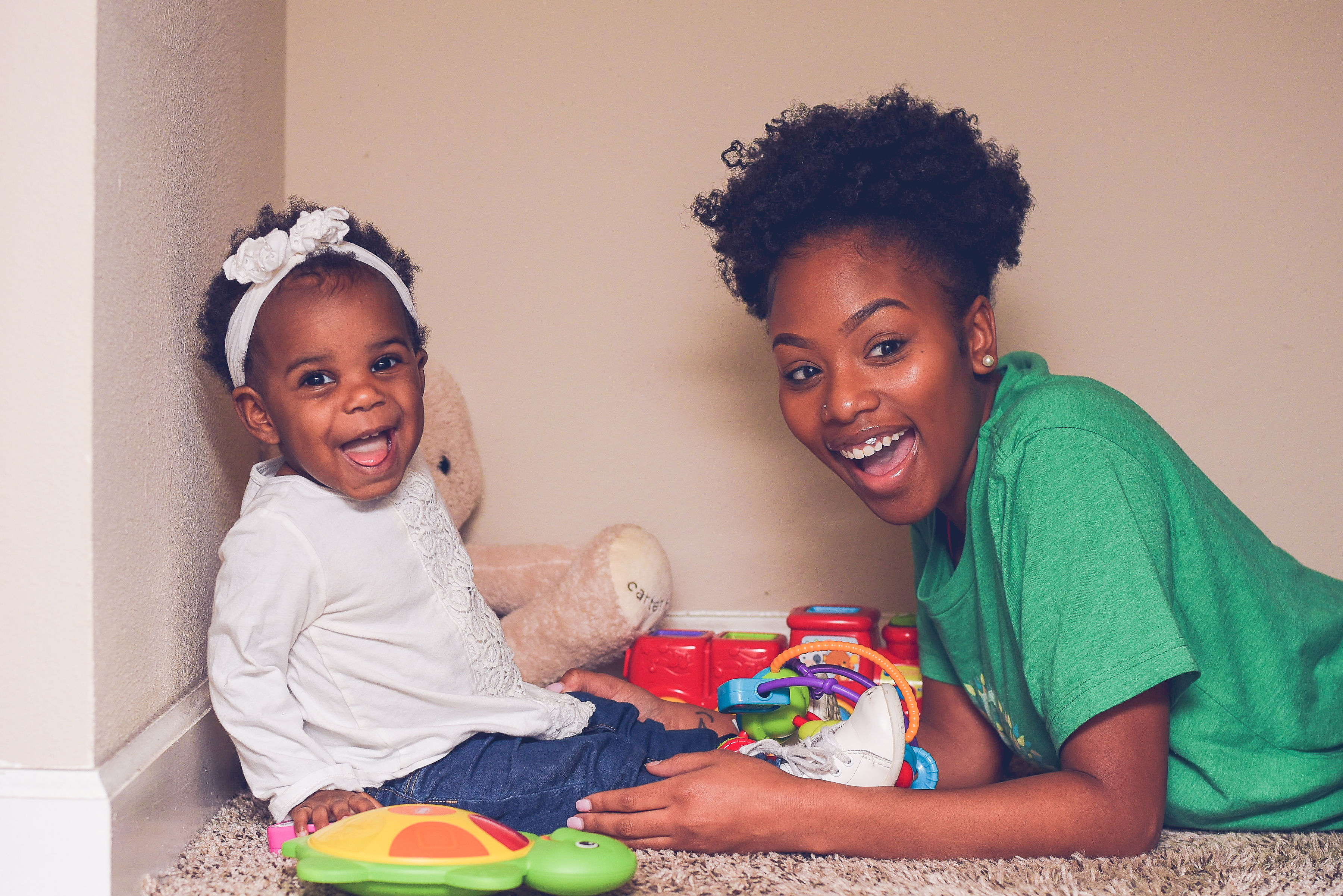Strong early verbal skills have been linked to greater conceptual understanding of mathematics.
Tell Me More
By now, the advice to speak to your children as much as possible from even the earliest days has reached most parents. However, much less known is that vocabulary size during the preschool years, influenced heavily by parents, is a critical building block for many functions for years to come.
Multiple, respected lines of evidence show that preschool vocabulary size is linked to language and math skills in school, at least up to the age of eight. Similarly, preschoolers with lower vocabulary banks and/or poor language skills often show imparied comprehension, literacy, and mathematical ability.
So What?
It’s common knowledge that early language environments contribute to childhood language skills, but few people have had the opportunity to learn about the relationship between early language environment and math skills.
Because early reading comprehension is related to working memory development and a conceptual understanding of mathematics, building early reading skills can be important factors in success in mathematics. Taken together with other important facts about early language development (facts #21-30), providing a language playground can build a stronger platform for math skills too.
A note about the author:
Dr. Randa Grob-Zakhary, MD Ph.D. is the Founder of The Babyboost Institute for Early Learning and Development. Want more tips? Purchase Babyboost: 50 Critical Facts on Amazon.


